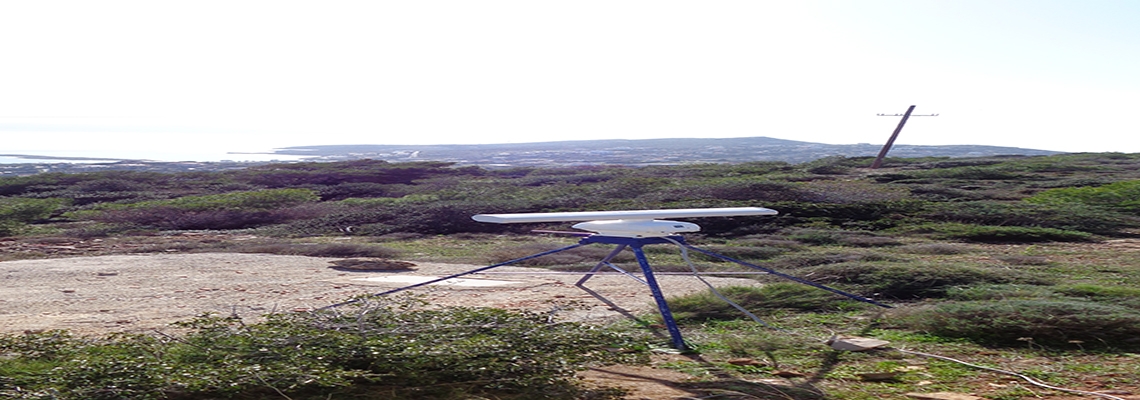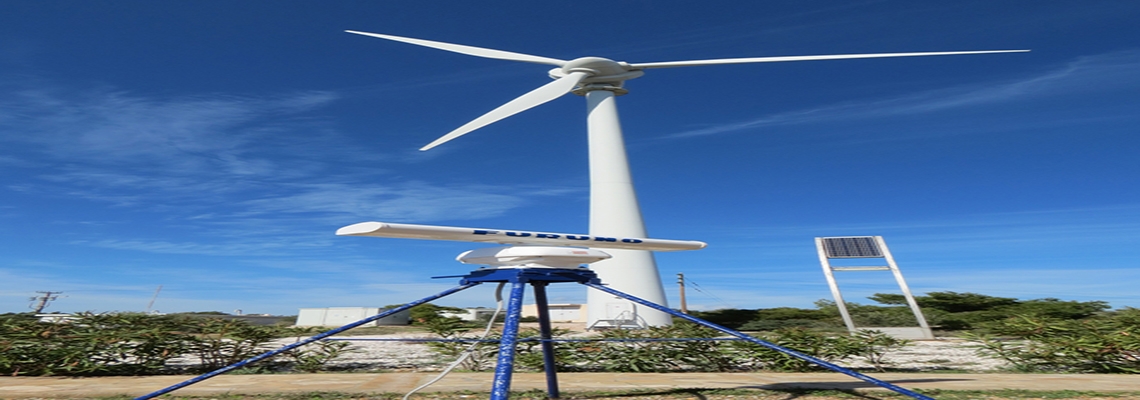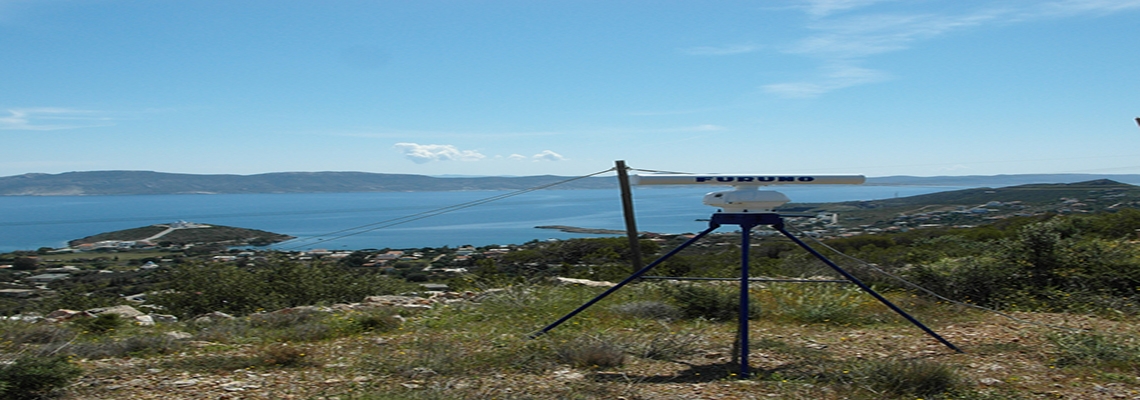Background Information
Background Information
In recent years, an accumulating amount of international research and operational experience in the sitting and operation of wind farms has aimed to reduce the impacts of wind farms on biodiversity. The use of new technologies, such as high-resolution cameras, infrared cameras, acoustic surveillance systems, along with traditional methods of data collection, and information on the responses of birds to wind turbines in the management and operation of wind farms can help reduce the impact on birds and biodiversity during the operation stage. Only very recently, technological systems are being developed aimed at regulating the operation of wind turbines to minimize the risk of collisions of susceptible species of birds and bats. Such so-called ‘Early Warning Systems’ are in operation or being tested in the United States, Germany, Spain and Portugal. So far, limited effort has been put into use and adaptation such systems to conditions similar to those of the European Mediterranean and Southeast Europe, particularly with reference to the mountainous terrain in which large onshore wind farms are planned, and the many islands, islets and cliffs with regard to coastal and offshore wind parks. Advanced mitigation measures in form of wind turbine operation systems and bird/bat deterrent systems in association with early warning systems will be used to demonstrate their effectiveness in the reduction of impacts of wind farms on birds and bats.
These methods are new and unfamiliar among key stakeholder groups in the Greece (wind farm developers, competent state authorities and agencies, consultants and site managers), but should be widely applied in order to develop and operate wind farms in ways compatible with biodiversity, taking into consideration recent technological developments and the availability of new methods and technologies. The application of these techniques and methods will be designed, adapted and tested to operate under environmental conditions typical to Greece and Mediterranean. Their operation will be tested and evaluated in order to assess their applicability and efficiency at the conditions prevailing in Greece and compare them with conventional methods and techniques. The knowledge and experience gained will be incorporated into Good Practice Guide and Decisions Support Tool which will be the main tools produced by the project aiming to promote and assist key stakeholders in planning installation and operation of wind farms in relation to their impacts on biodiversity.
These methods are new and unfamiliar among key stakeholder groups in the Greece (wind farm developers, competent state authorities and agencies, consultants and site managers), but should be widely applied in order to develop and operate wind farms in ways compatible with biodiversity, taking into consideration recent technological developments and the availability of new methods and technologies. The application of these techniques and methods will be designed, adapted and tested to operate under environmental conditions typical to Greece and Mediterranean. Their operation will be tested and evaluated in order to assess their applicability and efficiency at the conditions prevailing in Greece and compare them with conventional methods and techniques. The knowledge and experience gained will be incorporated into Good Practice Guide and Decisions Support Tool which will be the main tools produced by the project aiming to promote and assist key stakeholders in planning installation and operation of wind farms in relation to their impacts on biodiversity.





